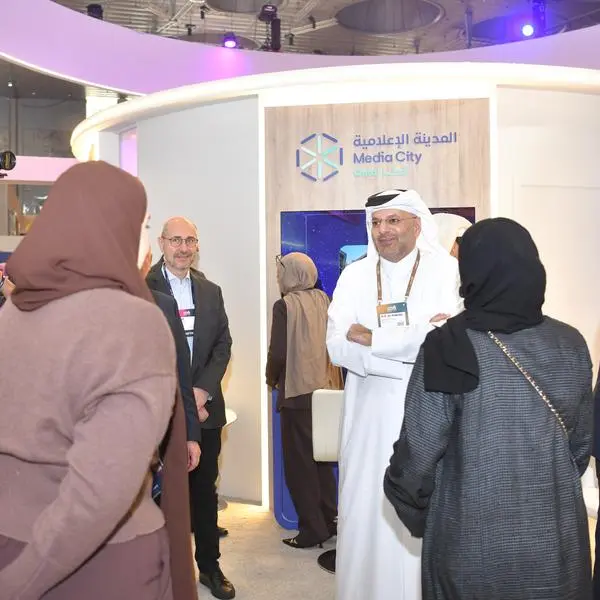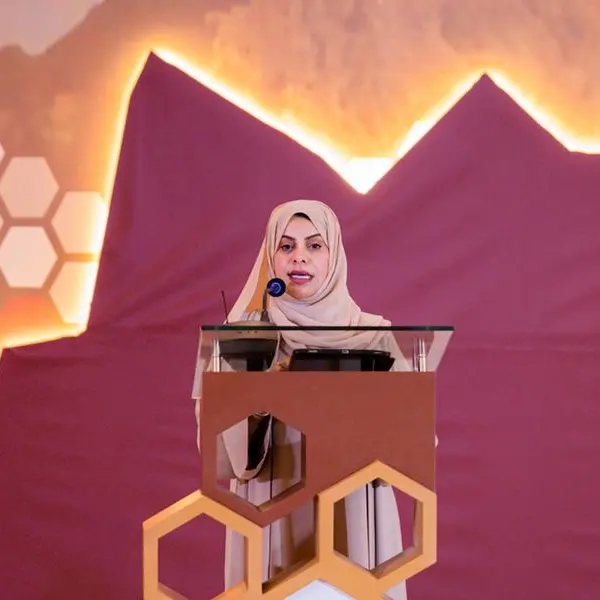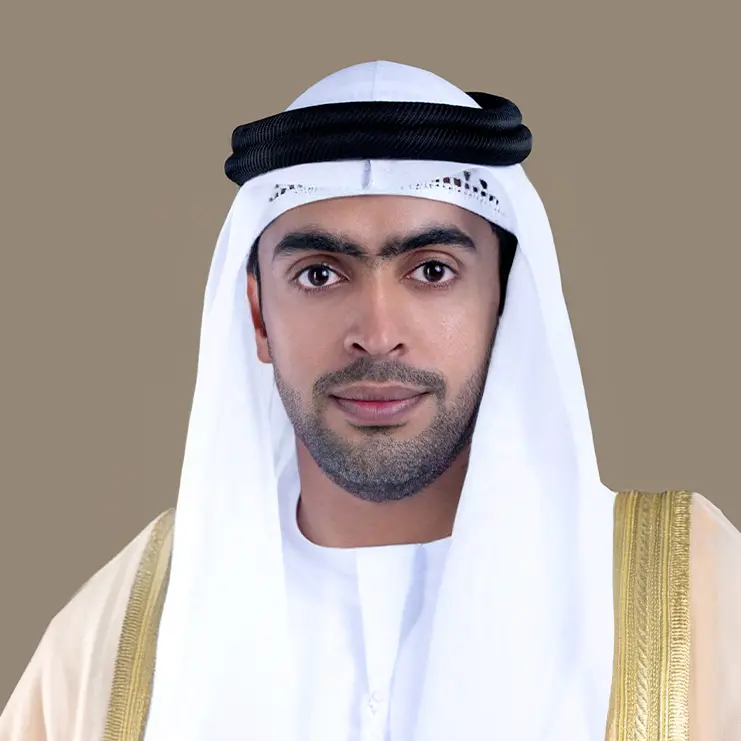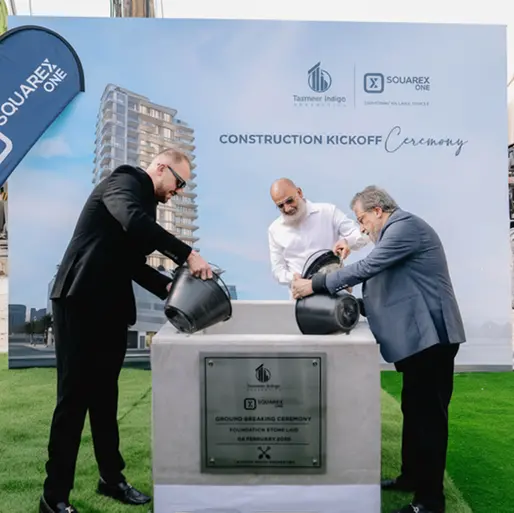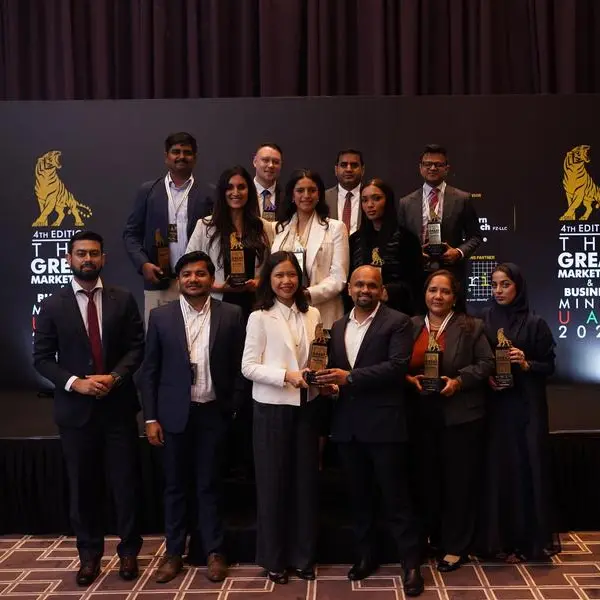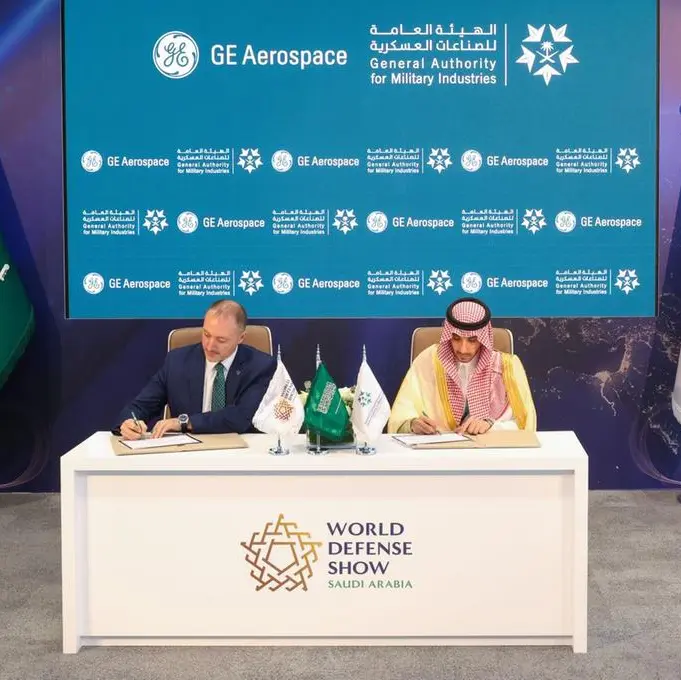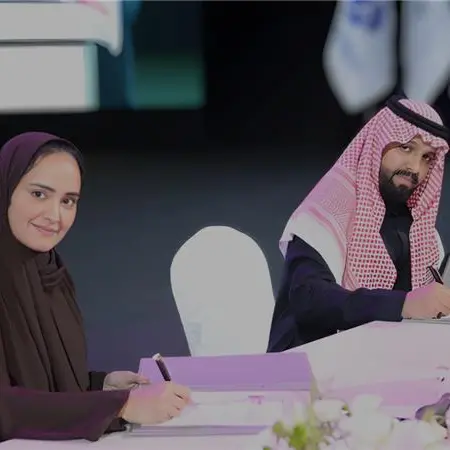- AED20 billion, or 1.4 per cent of national GDP, generated through ‘direct’, ‘indirect’ and ‘induced’ impacts of the sector
- The UAE aluminium sector supports >60,000 jobs in the country
HE Sultan bin Saeed Al Mansouri, UAE Minister of Economy: “…The foundations of our country’s aluminium industry can be credited to EGA…”
United Arab Emirates: Emirates Global Aluminium, the largest industrial company in the United Arab Emirates outside oil and gas, and the aluminium sector which has grown around it, generate economic activity accounting for 1.4 per cent of the entire UAE economy, according to an expert study.
The sector also supported 60,950 UAE jobs in 2017. One in every 100 people working in the UAE is employed in the aluminium sector, its supply chain, or through spending of wages by the sector’s employees.
EGA, which began production as Dubai Aluminium (DUBAL) in 1979, is now one of the largest aluminium companies in the world and is at the centre of a key UAE industrial sector,
His Excellency Sultan bin Saeed Al Mansoori, UAE Minister of Economy, said: “The UAE is proud of the leading national institutions it currently boasts across a number of vital sectors – chief amongst them the aluminium sector, which has contributed to the reputation and economic competitiveness the country enjoys on both the regional and international stage. The UAE today is considered one of the world’s largest exporters of this resource – one that is critical to a number of other sectors such as aviation, shipping and construction.
“EGA is a leading company in the sector globally, and has contributed to the positive reputation our country’s economy enjoys in foreign markets, in addition to playing a significant role in local skills development, knowledge transfer, and the creation of economic opportunities across the supply chain.
“The foundations of our country’s upstream aluminium industry activity can be credited to EGA, whose production chain today includes midstream smelting activity and downstream supply of aluminium-based products,” he concluded.
Abdulla Kalban, Managing Director & Chief Executive Officer of Emirates Global Aluminium, said: “EGA is a global company anchored in the UAE with strong commitment to excellence, sustainability and healthy growth. Our demand for goods and services has led to the development of a competitive supply chain around us, and others have founded successful businesses making products from our metal. I am proud that EGA and the many UAE-based companies we work with have together made a significant contribution over many years to growing the national economy, helping make modern life possible for the people of the UAE.”
EGA sells approximately 10 per cent of its production to 26 local companies that make products using its metal, from car parts to window frames. The rest of EGA’s production is exported to more than 60 other countries.
The study was conducted by Oxford Economics, an international economics consultancy, based on data supplied by companies in the sector and established economic models. Oxford Economics calculated the economic impact of EGA by analysing three types of activity. ‘Direct impact’ is the value of EGA’s own activity and that of the UAE companies that make products using EGA’s metal. ‘Indirect impact’ is activity stimulated by the sector’s purchase of goods and services from UAE suppliers. ‘Induced impact’ is the spending of wages earned by workers in the sector in the UAE economy, such as on housing and leisure.
https://www.zawya.com/images/features/181219-AED.jpg
Every AED 1 generated in the aluminium sector was found to create an additional AED 1.26 of activity elsewhere in the economy. Economists call this the ‘multiplier effect’.
In 2017 EGA spent ~AED10.6 billion (~$2.9 billion) on energy, raw materials, and goods and services from other companies in the UAE, while EGA’s local customers are estimated to have spent a further AED 940 million ($260 million). More than 38,000 people worked in the aluminium sector’s supply chain, in industries including natural resources and utilities, construction, transport, and financial services.
The aluminium sector directly employed over 10,000 people in the UAE in 2017: 72 per cent of whom were employed directly by EGA. Average total employment costs per worker in the aluminium sector are more than double the UAE average, reflecting the high skill level of the workforce.
The aluminium sector’s ‘induced impact’ – economic activity from the spending of wages earned in the sector – was AED 1.7 billion ($460 million) in 2017. The industries benefiting most significantly were real estate, utilities, retail and financial services and spending by aluminium sector workers supported more than 12,700 UAE jobs.
H.E. Sultan bin Saeed Al Mansoori, UAE Minister of Economy, added: “The Ministry has been working on developing the country’s competitiveness by focusing on economic strategies that diversify sources of income, and drive sustainable growth across a number of industries in order to create job opportunities, develop local capability, and encourage innovation.
“Aluminium’s total contribution, be it direct or indirect, was estimated at AED 20 billion in 2017, or 1.4% of the country’s total GDP.”
Oxford Economics’ report, ‘The Impact of the Aluminium Sector on the UAE Economy’, can be downloaded at https://www.ega.ae/en/impact/our-impact/.
-Ends-
About EGA
Emirates Global Aluminium is equally-owned by Mubadala Investment Company of Abu Dhabi and the Investment Corporation of Dubai.
It is the largest industrial company in the United Arab Emirates outside the oil and gas industry, and the largest company jointly owned by the two Emirates.
EGA’s aluminium is the second largest made-in-the UAE export after oil and gas. In 2017, EGA produced 2.6 million tonnes of cast metal. EGA is the only UAE producer and makes the UAE the fifth largest aluminium producing nation in the world.
EGA has more than 350 customers in over 60 countries. About 80 per cent of EGA’s production is value added products, one of the highest proportions of any aluminium company in the world.
EGA’s aluminium is primarily used in the construction, automotive, packaging, aerospace and electronics industries.
Over 10 per cent of EGA’s production is sold in the UAE to around 26 downstream aluminium companies that make products with EGA’s aluminium. The growing broader aluminium sector in the UAE supports 60,950 jobs.
EGA itself employs over 7,000 of these people including almost 1,200 UAE Nationals.
EGA has focused on technology development for over 25 years. EGA has used its own technology for every smelter expansion since the 1990s and has retrofitted all its older production lines. In 2016 EGA became the first UAE industrial company to licence its core industrial process technology internationally.
As a corporate citizen of the UAE, Emirates Global Aluminium aspires in all its operations to be measured amongst the world’s leading metals and mining companies in meeting its environmental and social responsibilities.
In 2017, EGA became the first Middle East headquartered company to join the Aluminium Stewardship Initiative, a global programme to foster greater sustainability and transparency in the aluminium industry.
EGA was formed in 2014 through the merger of Dubai Aluminium and Emirates Aluminium.
DUBAL’s Jebel Ali aluminium smelter began production in 1979. At almost five square kilometres, EGA’s Jebel Ali site is five times bigger than Dubai Mall.
EMAL started production in 2009 and its Al Taweelah aluminium smelter was the largest single-site aluminium smelter in the world when completed. EGA’s Al Taweelah site is five times bigger than Al Maryah Island at six square kilometres.
EGA has its own power stations at both sites, producing electricity to meet its needs. EGA’s electricity generation capacity is 5,450 megawatts, making EGA the third largest electricity generator in the UAE after the Dubai Electricity and Water Authority and the Abu Dhabi Water and Electricity Authority.
EGA also produces water through desalination units at its power plants. In addition to meeting its own water requirements, EGA supplies 1.5 per cent of the water needs of Dubai as well as commercial water customers and bottlers.
Today EGA is expanding upstream and internationally to secure the natural resources the UAE’s aluminium industry needs and create new revenue streams.
EGA’s wholly-owned subsidiary Guinea Alumina Corporation is building a bauxite mine and associated export infrastructure in the Republic of Guinea in West Africa, in one of the largest greenfield investments in that country in over 40 years.
In the UAE, EGA is building the country’s first alumina refinery at Al Taweelah. The project will reduce the UAE’s dependence on imported alumina and supply 75 per cent of the Al Taweelah smelter’s needs.
For more information on EGA please visit www.ega.ae.
Contacts at EGA:
Simon Buerk
sbuerk@ega.ae
056 3111 536
Fatima Al Mutawa
falmutawa@ega.ae
050 327 7545
Disclaimer: The contents of this press release was provided from an external third party provider. This website is not responsible for, and does not control, such external content. This content is provided on an “as is” and “as available” basis and has not been edited in any way. Neither this website nor our affiliates guarantee the accuracy of or endorse the views or opinions expressed in this press release.
The press release is provided for informational purposes only. The content does not provide tax, legal or investment advice or opinion regarding the suitability, value or profitability of any particular security, portfolio or investment strategy. Neither this website nor our affiliates shall be liable for any errors or inaccuracies in the content, or for any actions taken by you in reliance thereon. You expressly agree that your use of the information within this article is at your sole risk.
To the fullest extent permitted by applicable law, this website, its parent company, its subsidiaries, its affiliates and the respective shareholders, directors, officers, employees, agents, advertisers, content providers and licensors will not be liable (jointly or severally) to you for any direct, indirect, consequential, special, incidental, punitive or exemplary damages, including without limitation, lost profits, lost savings and lost revenues, whether in negligence, tort, contract or any other theory of liability, even if the parties have been advised of the possibility or could have foreseen any such damages.
